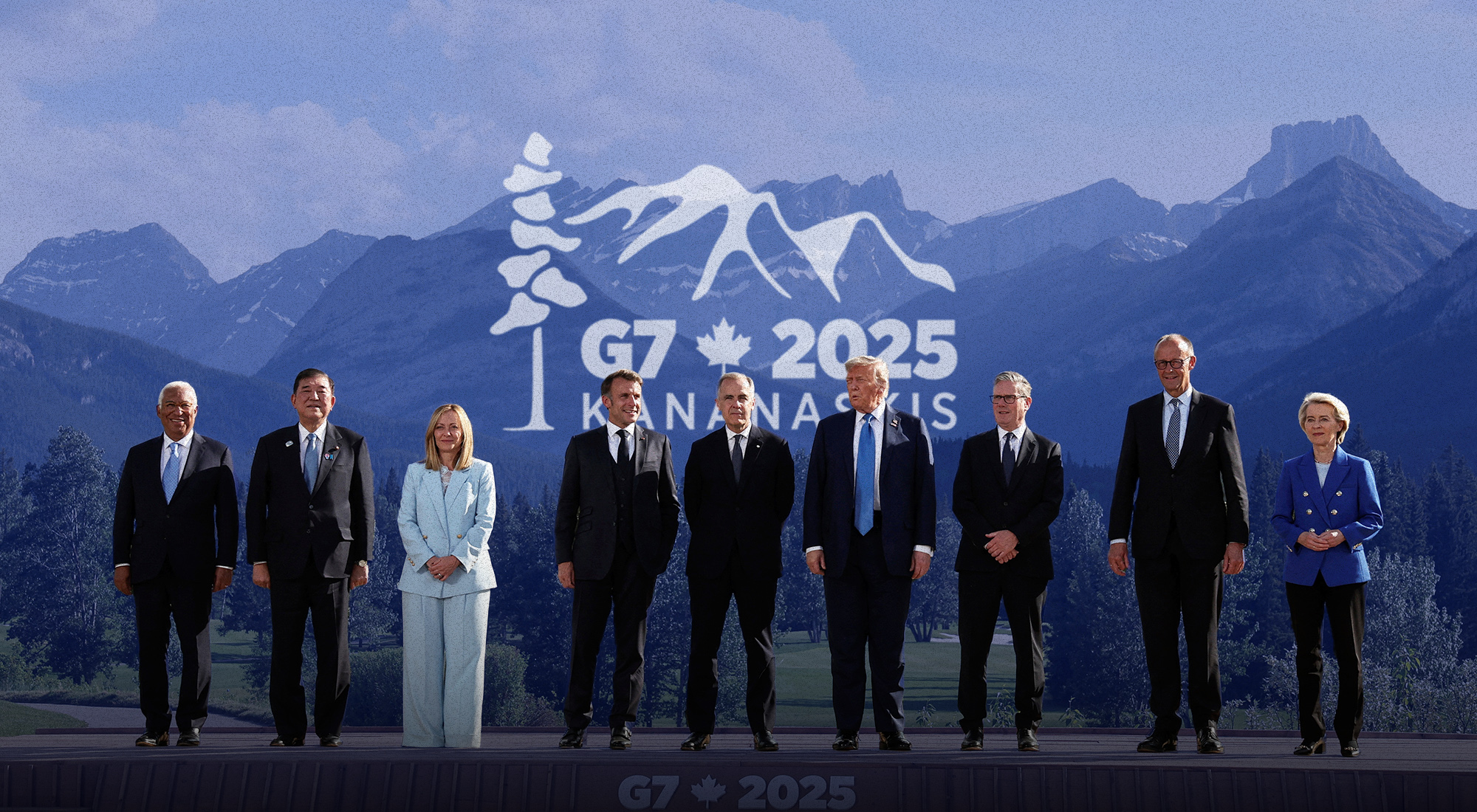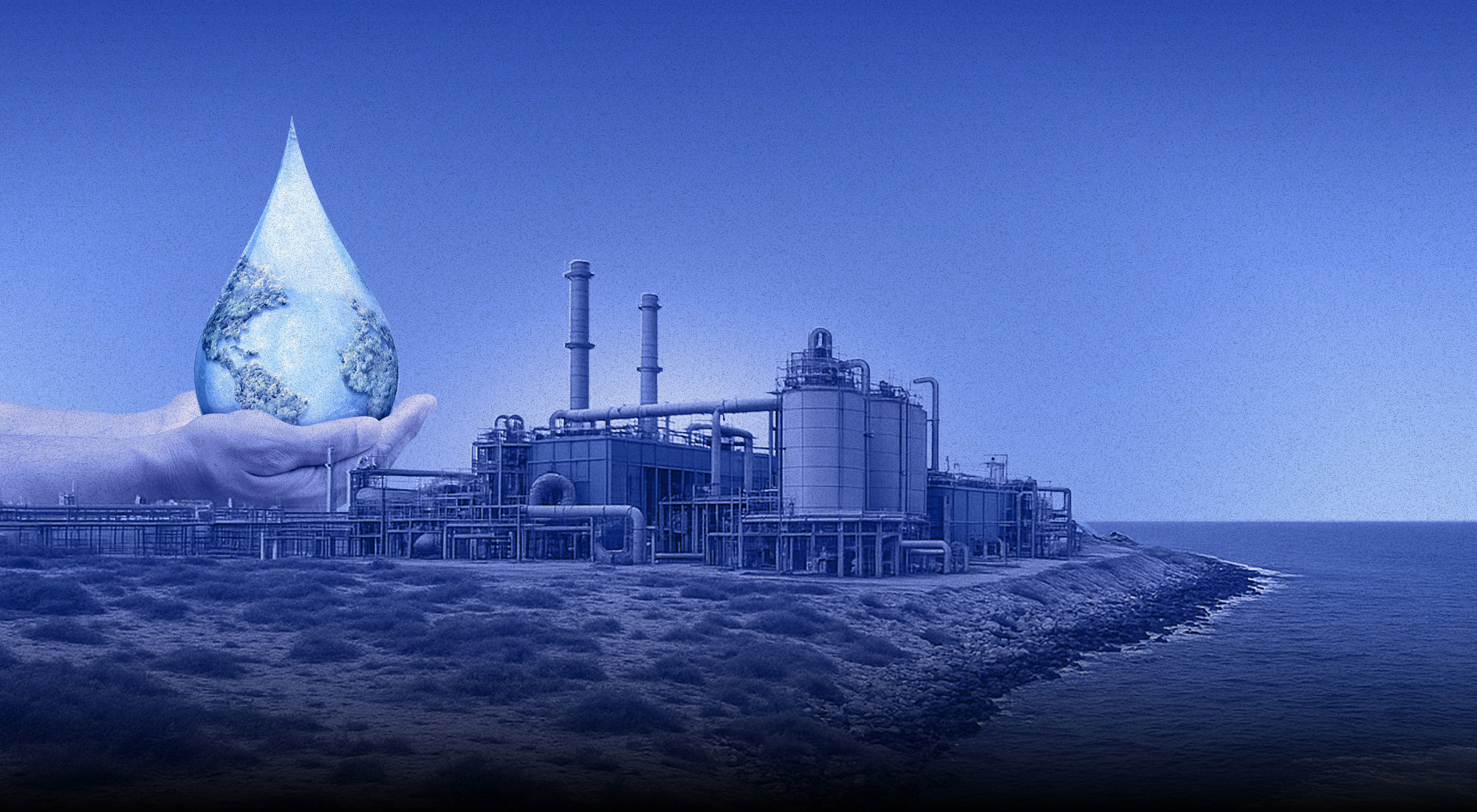Summary
Teaching about sustainability, climate, and energy is becoming a key subject for many graduate and undergraduate degrees. Energy is identified as an important component in realizing the impact humans have on the climate and the environment. In developing energy courses, therefore, it is essential to understand how to effectively transfer learning objectives to tangible knowledge and skills. The questions this research explores are related to student motivations for taking such courses and the pedagogical approaches they find most effective. A case study approach is used to test these questions in a one-credit online “Managing Energy Transitions” course, taught in Spring 2022 and 2023 at the American University in Bulgaria.
Introduction
The importance of transitioning to net-zero emissions in an effort to support the United Nations Sustainable Development Goals (UN SDGs) and limit warming to 1.5C under the Paris Agreement target is well established. In May 2022, the amount of heat-trapping carbon dioxide in the atmosphere exceeded a key milestone—421 parts per million, which is more than 50% higher than pre-industrial times. For comparison, before the late-19th-century industrial revolution, carbon dioxide levels were at 280 parts per million. The intense burning of fossil fuels is the primary reason for increased emissions. Scientists warn that to reduce the human impact on the environment and keep temperatures steady, carbon dioxide should be kept at a level of 350 parts per million, which can be achieved most efficiently by switching from conventional to renewable sources of energy.[1] Therefore, reducing greenhouse gas emissions is urgently needed to avoid reaching planetary tipping points that cannot be reversed. The United Nations Environment Program’s 2022 Emissions Gap Report underscores the urgency of the situation by saying, “The window is closing! The world is not on track to reach the Paris Agreement goals and global temperatures can reach 2.8°C by the end of the century”.[2]
The historical increase in the need for and use of energy affects everyone and everything—from loss of biodiversity and human lives to industry and geopolitics. Therefore, it is not surprising that in the lead-up to COP28, which will be convened in Dubai, United Arab Emirates, during November-December 2023, countries and governments are asking questions such as: What steps should be taken ahead of and at COP28, either inside or outside the UNFCCC process, to facilitate outcomes that are solutions-oriented, forward-looking, and lead to systems transformation? The answers to such questions will lay the groundwork needed for a successful COP28 that “drives global transformation towards a low-emission and climate-resilient world, fosters ambitious climate action and facilitates implementation, including the related support.”[3]
Education has been recognized as a key lever for bringing about transformative change, instilling environmental awareness, acquiring an understanding of the relationship between humans and nature, and developing a sense of responsibility and urgency for environmental problems to ensure appropriate action is taken to solve said problems. With the adoption of the Belgrade Charter in 1975 at the International Workshop on Environmental Education and subsequent international declarations, petitions, and reports, environmental and sustainability education has been considered paramount to developing solutions to our current environmental challenges. It has been acknowledged that education can bring about the transformative change that is so urgently needed for making humans live more sustainably, equitably, and ethically within the environment.[4]
For almost 50 years, we have singled out and relied on education to be the beacon of change and to bring about the needed transformation in mindset and awareness of the consequences of overreliance on nature and overuse of natural resources. Despite this progress, comparatively little attention has been devoted to teaching about energy. Given the time-sensitive nature of the energy transition, a concerted effort must be made to train the future sustainability and energy workforce and to educate the next generation of scientists, policymakers, and business managers on the topics of energy, climate, and sustainability. It is crucial for them to understand the consequences of our overreliance on traditional energy resources, the challenges of transitioning to renewable energy, and the implementation of energy efficiency measures. Nowotny et al. argue that the need to aggressively decarbonize the energy economy and develop new technologies “can only be addressed by a multi-pronged approach to research and education of the next generation of scientists and engineers as well as informed public discourse.”[5] As such, teaching about sustainability in general and energy in particular, has to become a key subject for many graduate and undergraduate degrees. Acquiring knowledge, skills, and mindsets that allow individuals to become deeply committed to building a sustainable future and making informed and effective decisions should be a top priority for Higher Education Institutions (HEIs).
Teaching about renewable energy presents several challenges. First, research suggests that it should be taught as an interdisciplinary subject; however, developing an interdisciplinary curriculum is a complex task, as a variety of compromises and trade-offs need to be made regarding the topics to be included and the depth of their treatment within the allotted class time.[6] Second, there is the question about the types of activities and teaching materials that will get students motivated and interested in the subject matter.[7][8] It has been shown that when students are engaged and enjoy learning, they retain the most from the material; therefore, it is important to structure the curriculum and material in such a way that is most beneficial to the students.[9] And third, in online classes, instructors must keep students engaged and motivated to learn using digital technology.[10]
Ultimately, these challenges all relate to the student experience. Therefore, this paper explores student motivations for taking such courses and the class activities that are most effective. A case study of a one-credit, online “Managing Energy Transitions” course taught to undergraduate students in Spring 2022 and Spring 2023 at the American University in Bulgaria will be used to:
- Understand student motivations for taking an energy course
- Gauge which pedagogical approaches and types of teaching activities, assignments, and projects stimulate learning and are most enjoyed by the students
- Measure student satisfaction with the course and gather suggestions for improvement in pedagogy, topics, and activities
The larger implications of this undertaking are relevant not only to university professors teaching energy to undergraduate students but also to decision makers and businesses who are focusing on their future workforce—who want to understand their employees’ attitudes, values, knowledge, and skills, as well as ways to attract and retain them. Engaging undergraduate students in sustainability helps them gain clarity about future sustainability-related career paths and increases their desire to attend graduate school.[11] In addition, because we are exploring the student motivations of a particular age cohort—the generation born mainly between 1996 and 2012, or the so-called Generation Z or Gen Z—we need to understand their specific motivations for acquiring sustainability skills more closely.[12] Finally, it is important to accelerate the knowledge transfer that aligns the needed knowledge and skills with the jobs that will power the energy transition, as more jobs will be created. For example, estimates by the International Labour Organization show that the green economy could create 24 million jobs by 2030.[13] This upward trend is projected to continue past 2030 as well.[14]
This paper 1) provides an overview of pedagogical approaches for teaching energy and sustainability; 2) discusses how students learn and their motivations for learning; 3) presents the case study of the class that was taught at the American University in Bulgaria; and 4) concludes with specific recommendations about the most effective pedagogical approaches for teaching the new generation about energy and sustainability.
1. Teaching about energy
Developing sustainability degrees and curricula that include
teaching about energy has indeed become a priority for many Higher Education
Institutions (HEIs). The topic of environmental education, and specifically
sustainability education or education for sustainable development (ESD) has
been discussed in many academic papers, conferences, and international meetings








